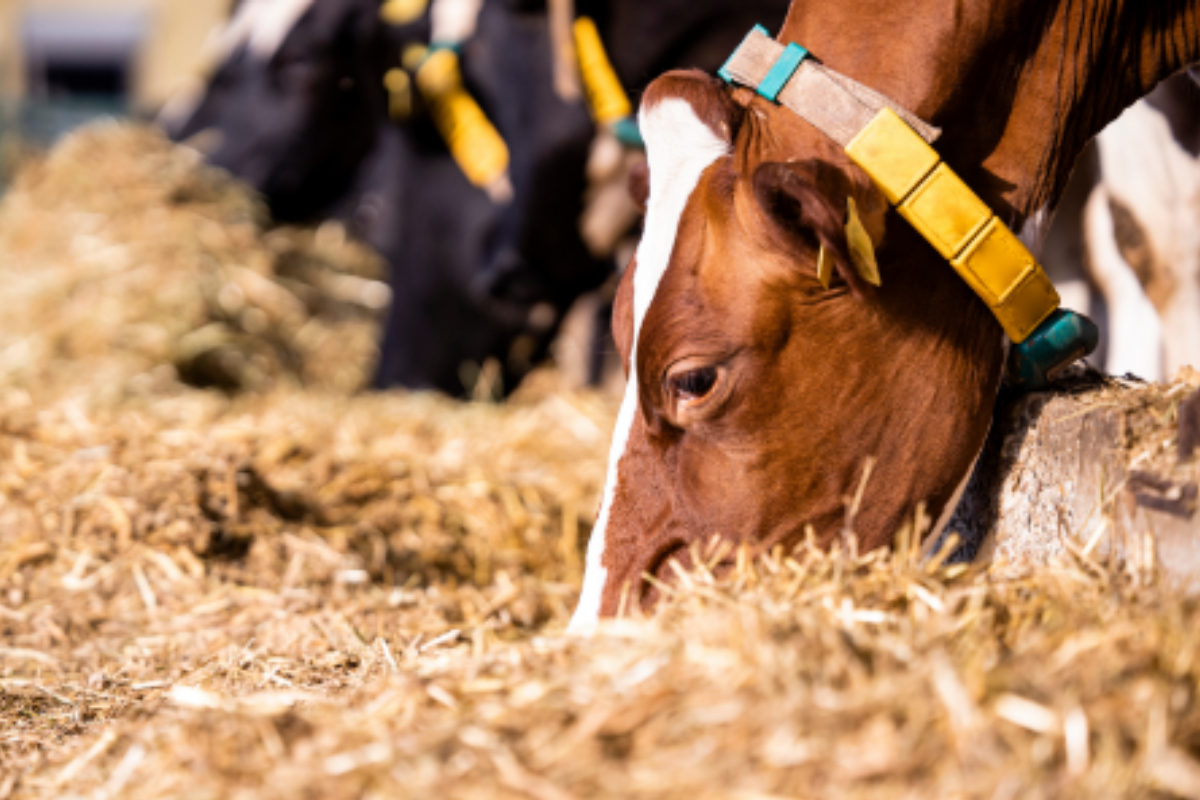Bacillus coagulans: Linking Stability and Lactic Acid Production for Optimal Performance.
In the world of poultry production, the balance of gut microbiota plays a vital role in maintaining optimal bird health. The complex microecosystem in the chicken gastrointestinal tract, teeming with trillions of microbes, significantly influences digestion, nutrient absorption, and immune defense. Probiotics—beneficial bacteria—are often used to promote gut health and improve bird productivity.
Probiotics used for poultry production fall into two broad categories: spore-forming bacteria and lactic acid-producing bacteria (LAB). Spore-forming probiotics, mostly Bacillus, are suitable for pelleting processes, can inhibit gram-positive pathogenic bacteria, and produce digestive enzymes.
In contrast, LAB produce high amounts of lactic acid, a molecule that has many modes of action, including inhibiting the growth of pH-sensitive harmful bacteria while being a substrate for other health-beneficial gut bacteria. Additionally, these LAB are fast colonizers, so their beneficial effects are realized quickly. However, LAB are sensitive to heat and pressure, making them unsuitable for pelleted feeds.
There is one probiotic that combines the best of both worlds: the heat-sable lactic acid producer Bacillus coagulans (Figure 1). Due to its spore formation, this probiotic resists environmental stressors during the pelleting process, storage, and handling, as well as survives stomach acidity to finally germinate in the small intestine.
Figure 1: Lactic acid production of B. coagulans DSM 32016 compared to other common probiotics. LAB, lactic acid bacteria (left). Recovery rate of B. coagulans DSM 32016 after pelleting process. *Mean value from pelleting tests between 80°C and 100°C (right).
Besides the lactic acid production and high stability, B. coagulans DSM 32016 comes with additional benefits that are key drivers for intestinal health and overall animal health. Delve into the main mechanisms behind B. coagulans and improved poultry performance!
A balanced Microbiota: The foundation for optimal performance.
B. coagulans creates an intestinal environment that is favorable to beneficial microbes and less favorable to harmful microbes. The modes of action behind this positive modulation are highly diverse and include both direct and indirect mechanisms. For example:
(A) Competitive exclusion: B. coagulans reduces the availability of nutrients and space that can be used by harmful bacteria (competitive exclusion). This specific mode of action includes the production of a broad range of digestive enzymes, which also optimizes feed conversion and efficiency.
(B) Direct inhibition: The production of specific growth-inhibiting compounds and lactic acid-driven hydrogen protons can directly reduce the abundance of harmful bacteria.
(C) Immune modulation: The complex interaction between the microbiota and the host immune system can be modulated by probiotic lactic acid production but also by probiotic-associated cell surface molecules. In this indirect way, a probiotic-boosted immune system leads to an enhanced immune defense against harmful bacteria and viruses.
(D) Stimulation of beneficial bacteria: B. coagulans DSM 32016 has been shown to not only inhibit harmful bacteria in a variety of ways but also stimulate the growth of other health-beneficial bacteria—each with their own unique modes of action to support gut and overall animal health.
Lactic acid: A key player in intestinal and overall health.
Lactic acid and lactic acid-producing bacteria are strongly associated with a variety of health benefits related to gut integrity, immune function, and overall defense against pathogens and viruses. In fact, the continuous production of lactic acid throughout the intestinal tract makes all these benefits possible.
For example, as a lactic acid-producing probiotic, B. coagulans improves intestinal barrier function, supports epithelial regeneration, and reduces the immune response to lipopolysaccharides. In addition, other beneficial intestinal bacteria can use lactic acid to support animal performance and overall animal health.
In addition to the beneficial effects of lactic acid on the gut environment and microbiota, this specific organic acid is also known to be an important metabolic mediator that shapes the fate and function of host immune cells. Thus, lactic acid contributes to immune homeostasis, including the control of innate and adaptive immune cells.
Lactic acid is known to have secondary effects on other organs. For example, as an important energy source in the brain, it may link metabolism, substrate availability, blood flow, and neuronal activity. Lactic acid can serve as an energy source for the heart and can be used by the liver and kidneys for gluconeogenesis.
TechnoSpore®: First B. coagulans-based probiotic for animal feed in the European Union.
TechnoSpore® is a probiotic based on Bacillus coagulans DSM 32016 and is the first B. coagulans approved for animal nutrition by the EU Commission. With B. coagulans, TechnoSpore® serves as a powerful ally in the quest for improved chicken health and performance. Many feeding trials worldwide have proven that its unique and far-reaching benefits make TechnoSpore® a robust solution for improving gut health, boosting immune responses, and improving feed efficiency in chickens.
Harness the power of TechnoSpore® and B. coagulans DSM 32016 and reach new levels of productivity!











